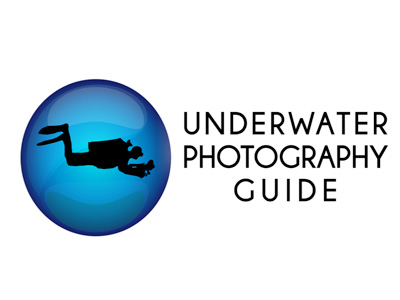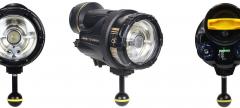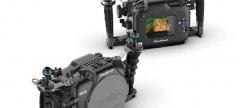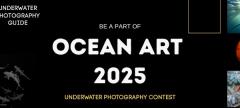RAW versus JPEG Formats
A JPEG is a compressed file format used for displaying and printing images. Jpeg is also called a lossy format, because repeatedly saving a JPEG file will slowly degrade the quality. RAW format contains all of the camera data captured by your camera's sensor.
Most photographers start out shooting in JPEG, because the files are smaller and you don't need a RAW editor to save them. However, RAW files store much more information, especially in the shadows and highlight areas, and allow for custom white balancing to be done. When shooting RAW, white balance, shadows/highlights, tone (contrast), sharpening, color space, and exposure (to a limited extent) can be managed in your computer. An extra stop of exposure in the highlights and shadows can be recovered when shooting in RAW. Many serious photographers shoot in RAW, although a few excellent macro photographers mainly shoot in JPEG because they may not have time for RAW file processing.
Let's review some differences between RAW and JPEG files formats:
RAW files
Pros
Saves all of the data from your camera sensor
Gives you more data to work with when adjusting color space, white balance, tone, exposure
Has 12-14 bits of color vs 8 bits in JPEG
Has a higher dynamic range
Cons
Needs to be converted to TIFF or JPEG to be displayed/printed
Larger file format
A RAW editor usually needs to be purchased, and upgraded for newer camera models
Sometimes needs contrast adjustment
JPEG files
Pros
Smaller format allows more photos to be stored on a memory card
Photos can be instantly printed or displayed on the screen / web
Some recent dSLR's, such as the Olympus E-PL2, Nikon D300 & D7000, do an excellent job of noise reduction, sharpening, exposure control, etc. when creating a JPEG, saving the user time in post-processing
Cons
Difficult to adjust exposure, recover highlights, and change white balance
Lossy format means repeated saves slowly degrades image quality. Repeated changes can introduce types on noise known as JPEG artifacts
TIFF is another format. Data is stored in 8-bits, but there is no loss with repeated saves, and no compression. TIFF files can be very large, and people sometimes only store TIFF files if they have done extensive processing in Photoshop and want to save a lossy format.
I usually shoot in RAW + JPEG format. At first I only used JPEG files. Then I started processing RAW files more often, which took up a lot of time. Now I find myself being able to get great color and exposure in my JPEG files, especially when shooting macro, and using them is saving me time. It is possible to get it "right" in camera. However, just in case I need it (and sometimes I do), I always have a RAW file available for what I shoot underwater.
The big question - should I shoot RAW or JPEG?
It's really a personal choice. Someone shooting with a G10 recently asked me this question. I suggest you try shooting one dive in JPEG, one dive in RAW. See if you feel that the additional RAW workflow is worth it to you. Try RAW first with some ambient light shots, that's where you will initially see the biggest difference in recovering contrast and some color, depending on depth. RAW + JPEG will be the answer for most intermediate and advanced photographers.
If you have a large enough memory card, and space on your hard drive (and most people will), and think you may ever want to sell photos, definitely shoot in RAW.
Keep in mind that all photos saved in RAW must be converted to a format such as JPEG eventually to display them on the web or to print them. Your photo editing tools can't re-write a RAW file, only your camera can do that. Some RAW editors will maintain a list of edits in a separate file however.
Further Reading

RECOMMENDED ARTICLES
SUPPORT THE UNDERWATER PHOTOGRAPHY GUIDE:
The Best Service & Prices on u/w Photo Gear
 Visit Bluewater Photo & Video for all your underwater photography and video gear. Click, or call the team at (310) 633-5052 for expert advice!
Visit Bluewater Photo & Video for all your underwater photography and video gear. Click, or call the team at (310) 633-5052 for expert advice!
The Best Pricing, Service & Expert Advice to Book your Dive Trips
 Bluewater Travel is your full-service scuba travel agency. Let our expert advisers plan and book your next dive vacation. Run by divers, for divers.
Bluewater Travel is your full-service scuba travel agency. Let our expert advisers plan and book your next dive vacation. Run by divers, for divers.































